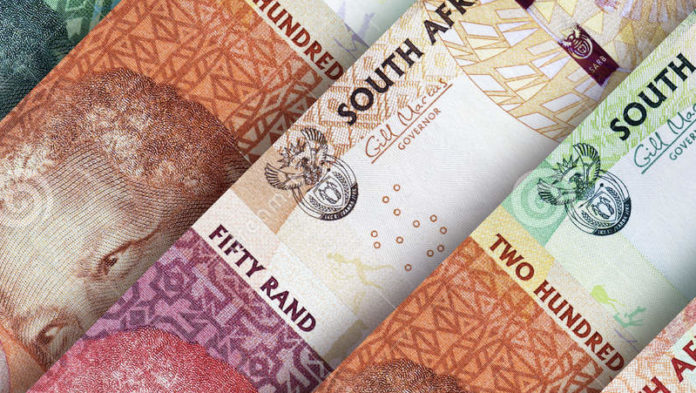
RICHARDS Bay Minerals (RBM) believes it has reached a “unique milestone agreement” with its surrounding communities which is why it is restarting operations, but the future of the proposed Zulti South project still hangs in the balance.
That emerged from a media briefing today with RBM MD, Werner Duvenhage who commented that the delay on developing Zulti South was already affecting RBM’s existing operations and the company could close down from 2030 if Zulti South was not brought into production.
RBM has been experiencing security and social unrest problems over the past two years which came to a head when GM, Nico Swart was shot dead while travelling to work in May.
RBM shut down its facilities on June 30 and declared force majeure on customer contracts because of the deteriorating security situation on the mine.
Answering media questions today, Duvenhage denied the suggestion that RBM had paid out R130m to the community trusts representing the communities around the mine effectively through extortion by the murderers of Nico Swart.
Duvenhage commented the money had been held back – in some cases since 2015 – until this week because of management concerns over governance issues surrounding the trusts. Those concerns involved the independence of the trustees of the community trusts while certain individuals were to receive payments of dividend declarations in their personal capacities.
“That creates other challenges from our perspective and, if you think about it, could also have been contributing to the violence that we have been seeing over the years.
“We wanted a commitment that the communities would reform the trusts and we have agreed on that. One of conditions for the release that we have done now was that, until we finalise this reform, moneys cannot flow directly (to individuals)”.
Duvenhage added: “I think it’s too early to say that we disbursed the money to the perpetrators (of Nico Swart’s murder) … there’s no evidence stating that.
“All that we know is that, as they usually say, ‘money is the source of all evil’ and we just wanted to make sure that this money is not going to be an on-going issue. If you look at the incidents during this time they are always somehow related to the money flows.
“It’s a big issue. It created quite a lot of tension with the community leadership and it was well spread within government as well. We really needed to get a more sustainable solution. Otherwise we will be back with it every six months like we have seen.”
Asked about the future of the $463m Zulti South project, Duvenhage replied RBM management “for now” was focused on restarting the existing business which had been shut down for nearly three months and which was going to be a “painful” process.
Duvenhage commented that the issue of rising anarchy in South Africa and understanding how government was going to address it was “at the top of the agenda for all of us at the moment.
“We will make an investment because we are given certain frameworks and rules to operate by and we are happy to do that but our investment needs to be protected by the host country. This is urgent. There is work to be done here and there’s a lot of engagement with government around this.”
Zulti South uncertain
Asked what would happen to Zulti South if the South African government failed to deal with the rising levels of anarchy in the country Duvenhage answered: “I would rather go from the perspective that we are an investor in the country with a good and solid growth path.
“So let’s rather try and figure out how we can enable that to happen and work hard with government rather than trying the other side of it and saying – ‘unless you do this and unless you do that.’ We want to extend our stay here because it is a good business in general.”
Duvenhage said the fact that Zulti South had not yet been developed meant RBM was not able to fully utilise the capacity of its smelting complex because ore grades were already declining at Zulti North.
“Probably from 2030 onwards it would not make sense anymore to run the smelting complex.
“If we add Zulti South it extends the life by another 25 years. It is critical so the conversation around Zulti South has to be brought back as soon as we have been able to stabilise current operations.”











